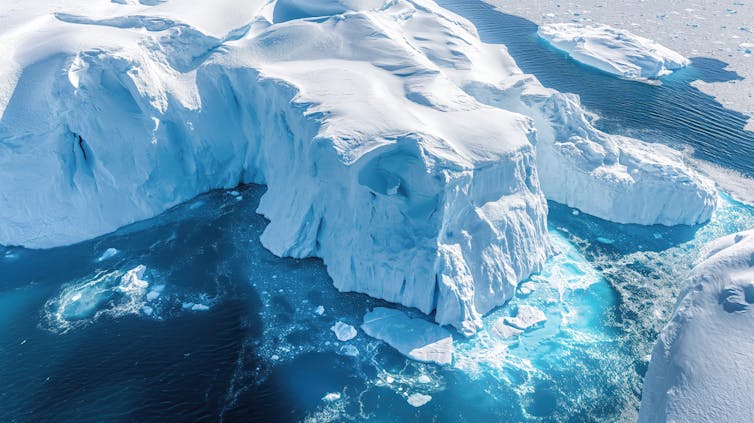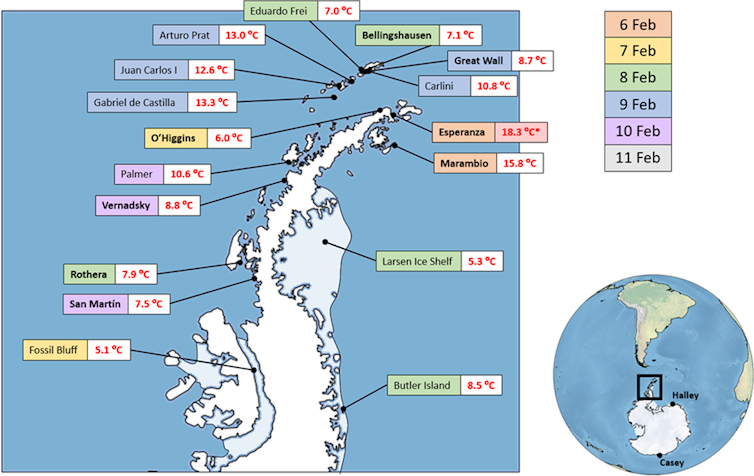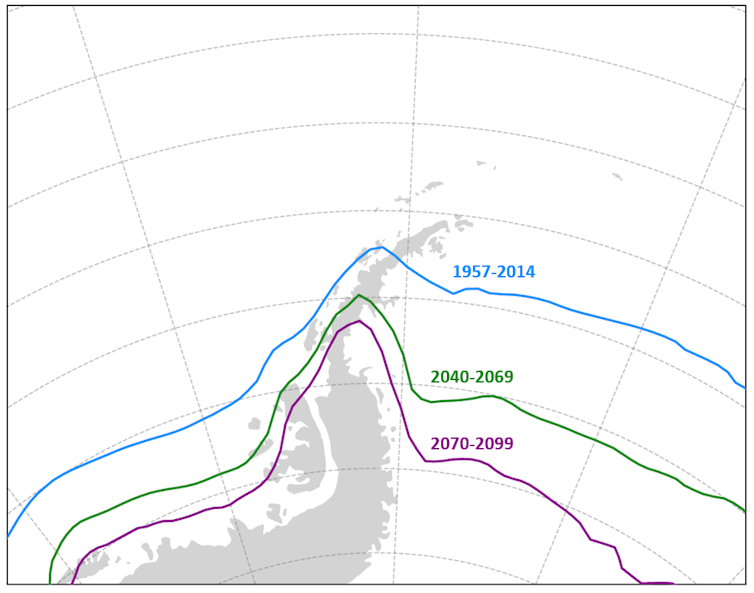Just Stop Oil confronts Emily Thornberry && Keir Starmer and UK ‘Likud’ Labour party accused of aiding and abetting genocide
Just Stop Oil supporters have disrupted a public event featuring Emily Thornberry. As Thornberry was delivering her open remarks, the pair stood up to confront the Labour front-bencher and Shadow Attorney General for England and Wales. They threw orange confetti and addressed the assembly, remarking “We need you to make a commitment to revoke the Tory licences for oil and gas infrastructure which will lock us on to the worst pathways of global warming and climate catastrophe”, and “Labour needs to wake up and smell the coffee. Everyone else has clocked that new oil and gas means more floods, more fires, rising food prices… when are you going to get it?”. Members of the audience were repeatedly heard to say “hear, hear!” to these comments.
After the action takers were escorted from the room, Emily Thornberry addressed the audience, saying:
“I have had Just Stop Oil outside my house, I have had Gaza protests pretty much everywhere I go. I assumed it was Gaza then I saw the orange and thought ‘Oh, right! It’s Just Stop Oil’. The worst thing is that one becomes hardened to it… I’m happy to argue the issues, I’m not happy to be told I’m responsible for the murder of babies in Gaza, or I’m personally responsible for the boiling of the planet.”
One of those taking action today was Genevieve Shanahan, 33, a university lecturer in Management and Sustainability. She said:
“Today I’m approaching Emily Thornberry to implore her to stand up to fossil fuel extremists and use her influence within Labour to secure a commitment to cancel these licences. The Labour Party are poised to win the next general election, and rather than grabbing this opportunity to protect the British public from this violence they are instead – unbelievably – dropping their existing climate commitments.”
“As a lecturer in sustainability, I need to practise what I teach. In my classroom we examine how permitting investment in new fossil fuel infrastructure would lock in economic incentives that will, according to all reasonable models, make climate collapse inevitable. If the Tories’ new oil and gas licences go ahead then that’s it – it’s game over for all of us.”
Keir Starmer accused of aiding and abetting genocide

Let’s look at Emily Thornberry’s response. She is shadow Attorney General for England and Wales and so should know the law.
From my quick and limited review of the law of genocide, there are 2 main crimes supporting genocide: aiding and abetting genocide and complicity in genocide although unfortunately there is not a clear distinction due to how the law has developed. Aiding and abetting is more serious since there is a greater involvement in the act of genocide. So it is plausible that Keir “I support Zionism without qualification” Starmer is aiding and abetting genocide when he says that Israel has the right to withold power and water: he is clearly helping and supporting Israel’s genocide in Gaza.
Where does this leave Emily Thornberry and other Labour shadow cabinet members and MPs? Thornberry said “… I’m not happy to be told I’m responsible for the murder of babies in Gaza …”. She’s supporting her glorious Zionist leader and certainly not diverging from his Zionist policy of aiding and abetting genocide. The cabinet has collective responsibility i.e. they’re all guilty, and the shadow cabinet should be held to the same standard. MPs? Do they depart from Starmer’s Zionist aiding and abetting?
Genocide is a most serious crime and it’s clear that Israel is committing war crimes and genocide. Responsible for the murder of babies in Gaza? I’d say complicit because there is no opposition to it and the electorate are very likely to regard it as such. There’s the further issue of course that these politician cnuts are supposed to represent their electorate who want an end to Israel massacring children and other Gazans.
“I’m not happy to be told … I’m personally responsible for the boiling of the planet.” Thornberry doesn’t want to be held to account for any of her actions or inactions. It’s certainly aiding and abetting again. Doing nothing to oppose it? Then complicity.




